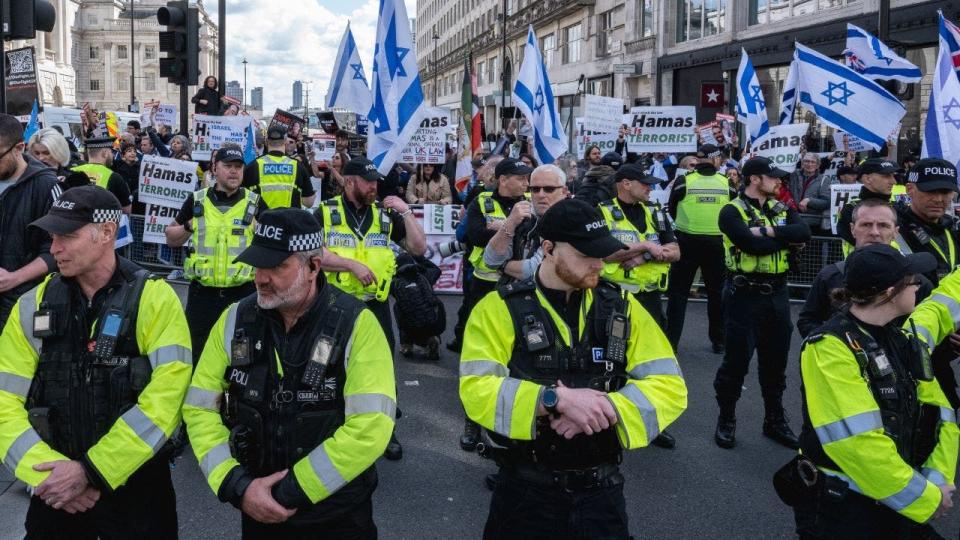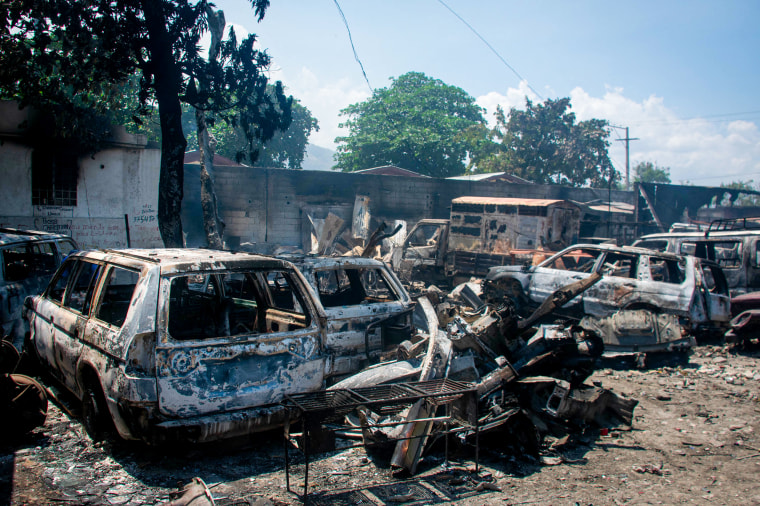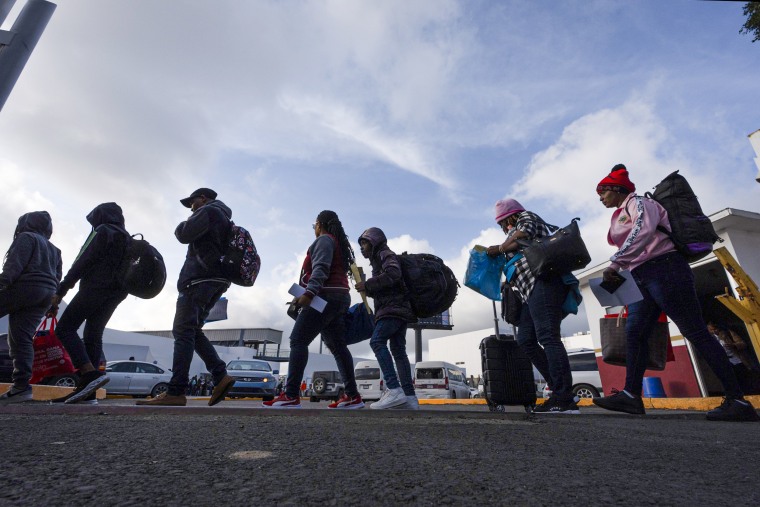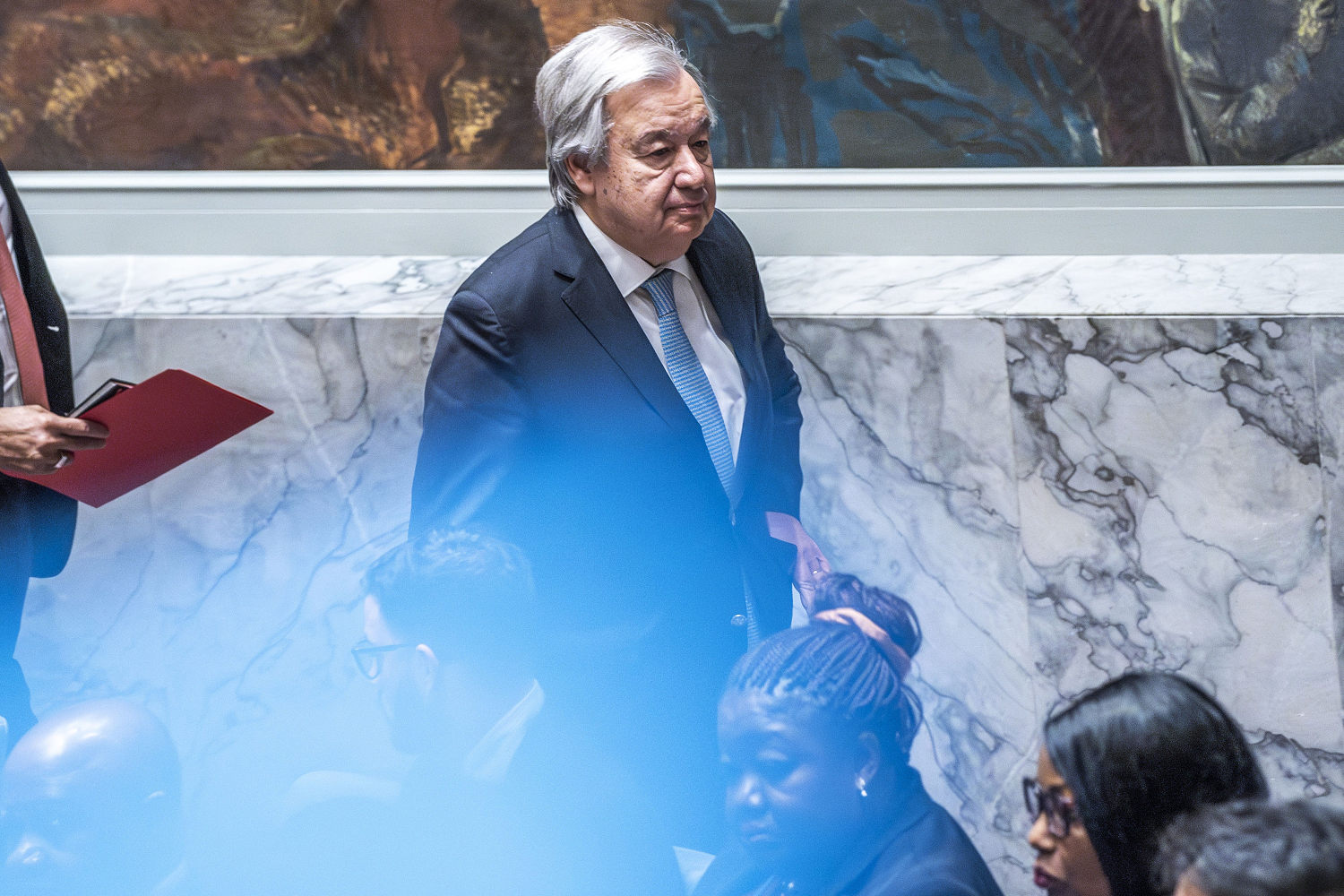Video of a police officer in London having a heated discussion with a woman about the offensiveness of swastikas has circulated across social media.
The video was taken on Saturday during a massive pro-Palestinian rally that the Metropolitan Police were monitoring. In the video, a visibly upset woman confronted the officer about an anti-Israeli participant who allegedly showed off a swastika.
The officer did not seem to agree that swastikas are offensive symbols that threaten public order. He cited the Public Order Act 2023, which he said outlines and limits what police handle at protests.
“Under what context is a swastika not disrupting public order?” the woman argued. She repeated her question multiple times.
WORLD HEALTH ORGANIZATION SILENT OVER HAMAS’ USE OF GAZA HOSPITAL AS TERROR HQ

“I haven’t said anything about it, that it is or it isn’t,” he replied. “Everything needs to be taken into context, doesn’t it?”
READ ON THE FOX NEWS APP
“Yeah, but it’s a context of a hateful march,” another woman chimed in, while the first woman shot back, “Why does a swastika need context?”
“Why is a swastika not immediately antisemitism?” the woman added. “Why does it need context? This is what I’m confused about. This isn’t even about Israel. In what context is a swastika not antisemitic and disruptive to public order?”
“I don’t have an in-depth knowledge of signs and symbols,” the officer said. “I know the swastika was used by the Nazi Party during their inception and their period of being in power in Germany.”
PRO-PALESTINIAN PROTESTERS DISRUPT BERKELEY CITY COUNCIL MEETING, HOLOCAUST REMEMBRANCE VOTE: ‘END ISRAEL’

The two continued arguing before the officer acknowledged that some symbols produce “mass alarm.”
“Now, if you came up to me and you felt mass alarm and distressed about a symbol that someone was…,” he said before being interrupted.
“I’m extremely distressed. I’m very alarmed,” the woman responded.
On X, the Metropolitan Police posted a statement about the incident that implied the video had been taken out of context.
“The video is a short excerpt of what was a 10-minute conversation with an officer,” the response read. “During the full conversation, the officer establishes that the person the woman was concerned about had already been arrested for a public order offence in relation to a placard.”

“The officer then offered to arrange for other officers to attend and accompany the woman to identify any other persons she was concerned about amongst the protestors, but after turning to speak to his supervisor, she then unfortunately left.”
After the video was posted, social media users criticized the police officer’s responses to the woman’s arguments.
“That officer is qualified to be an Ivy League university president,” one X user joked.
“Our police force have reached a new low,” a British commentator wrote.
“And his grandfather probably risked his life fighting the Nazis in World War II. What a shame,” another speculated.
Fox News Digital reached out to the Metropolitan Police for additional comment.
Original article source: London police officer sparks outrage after suggesting swastikas should be ‘taken into context’ to Jewish woman


